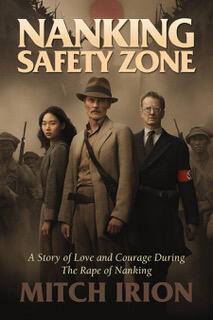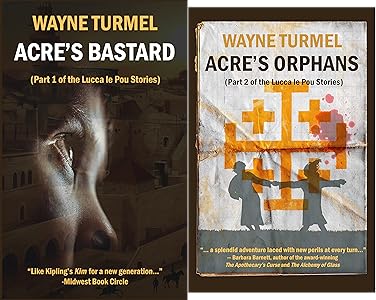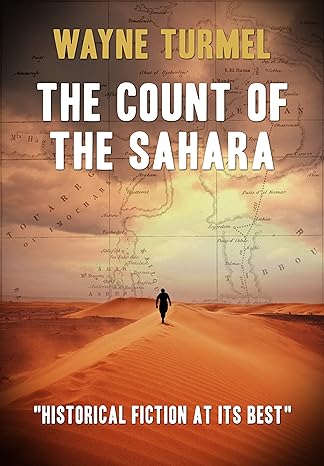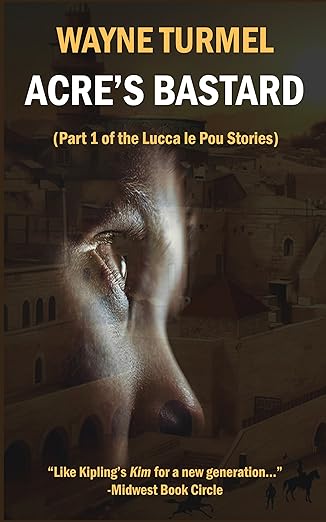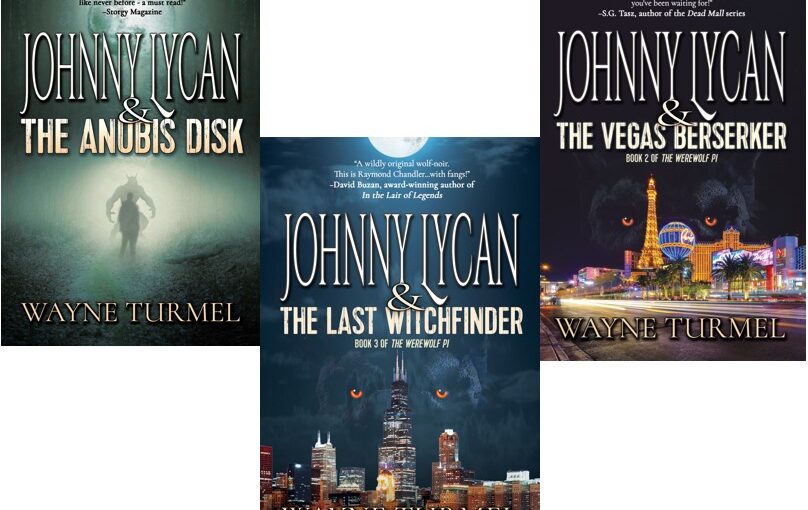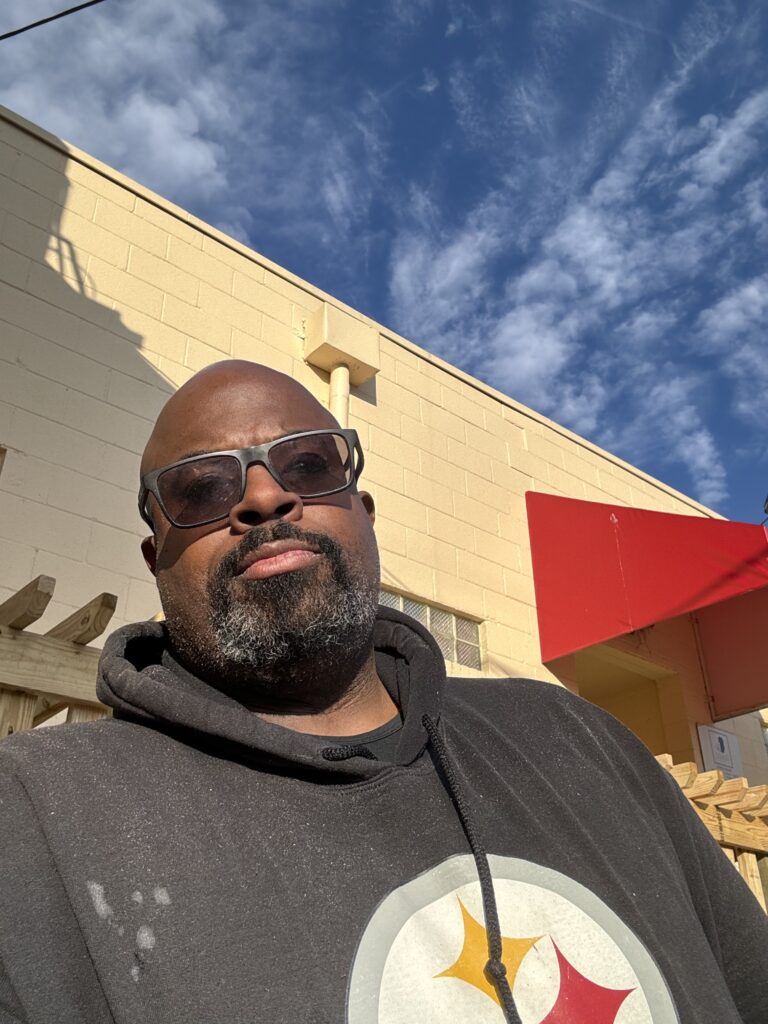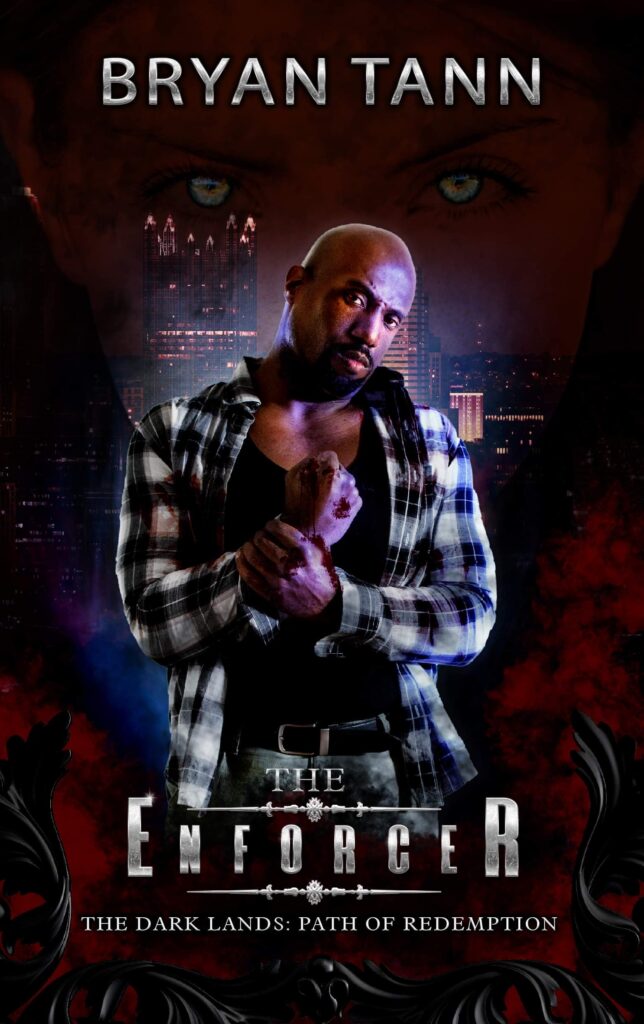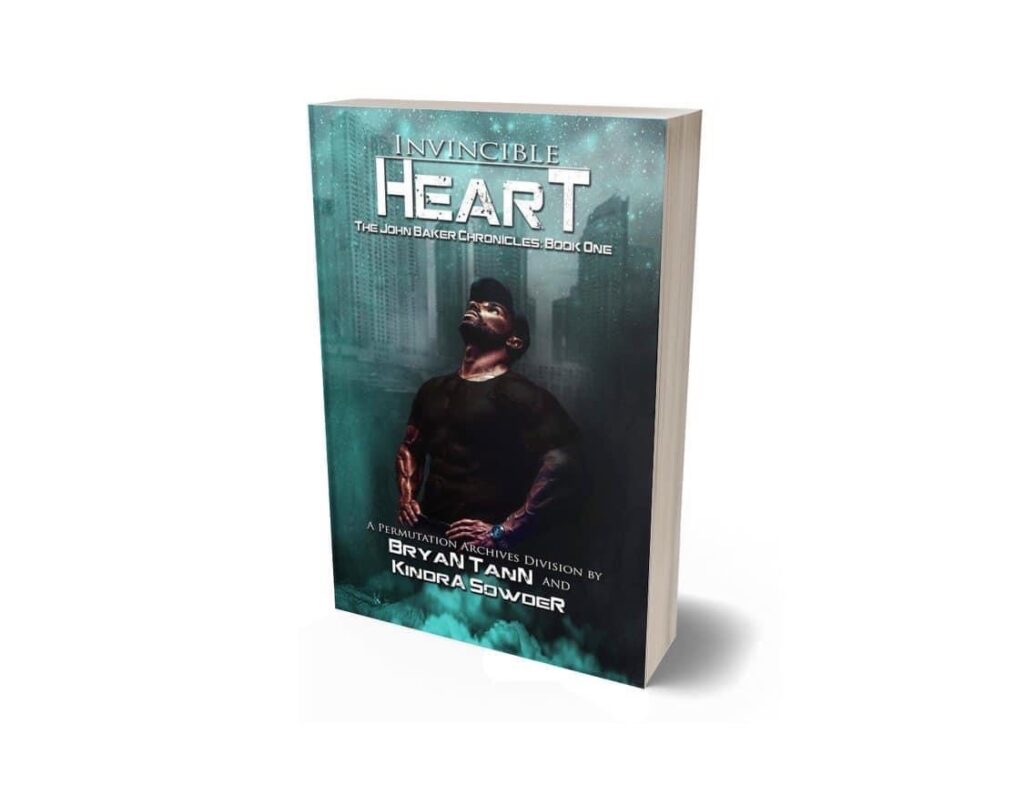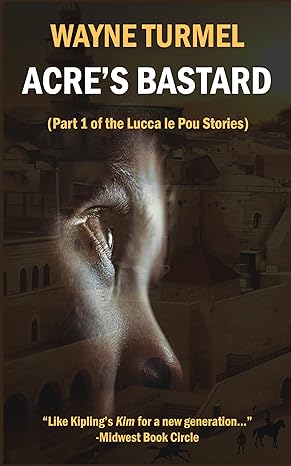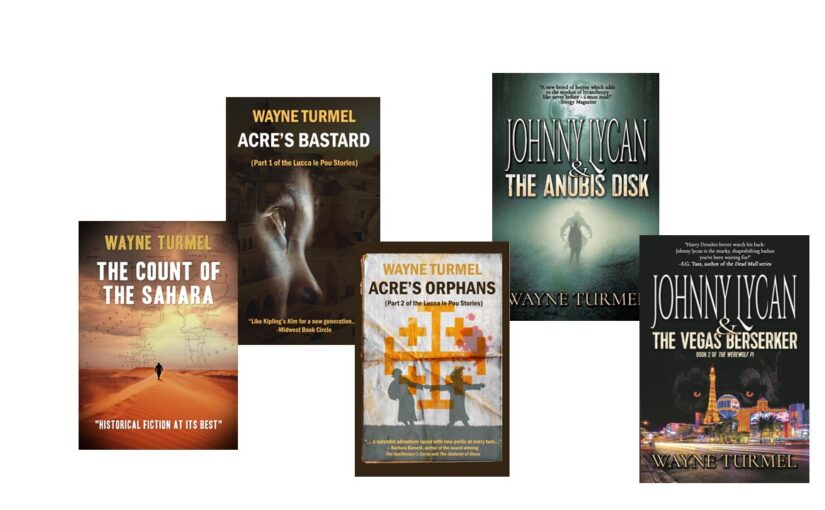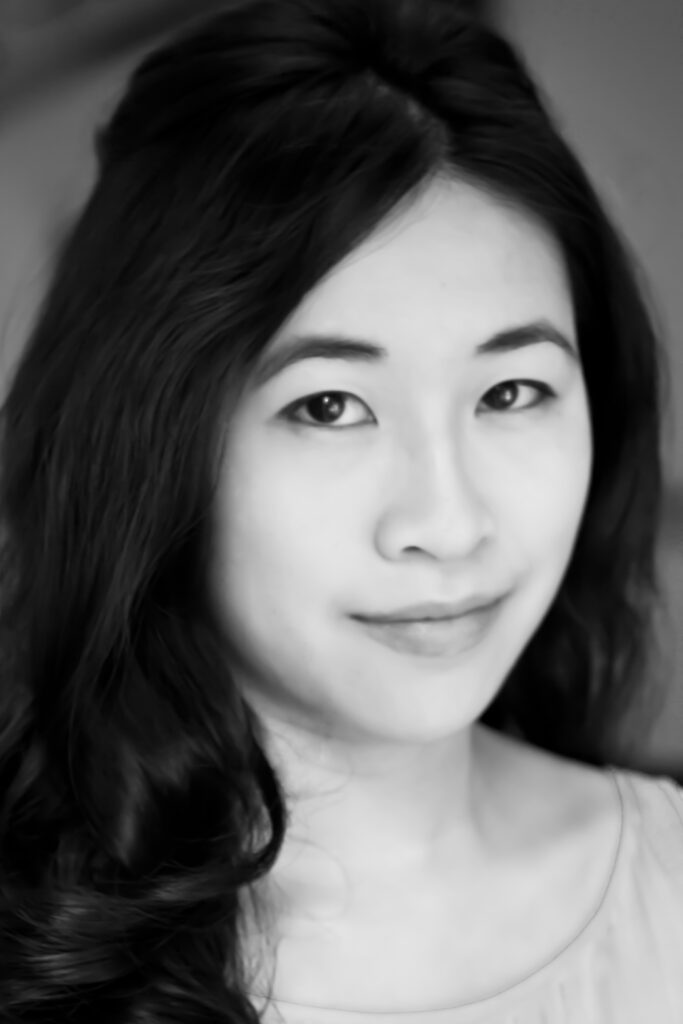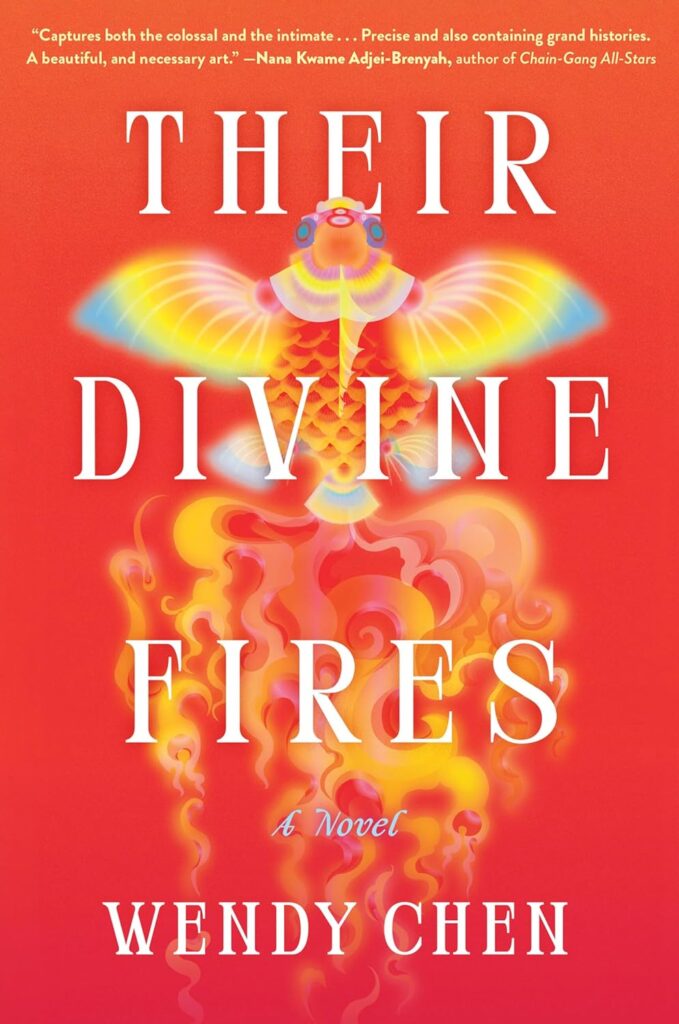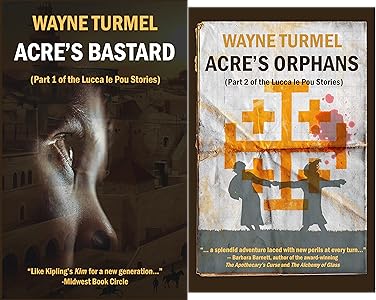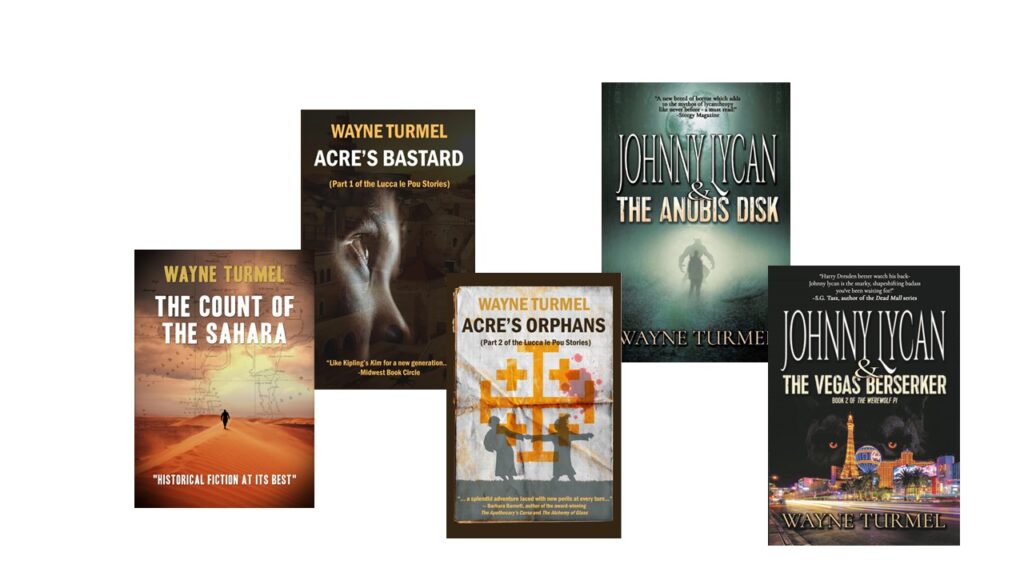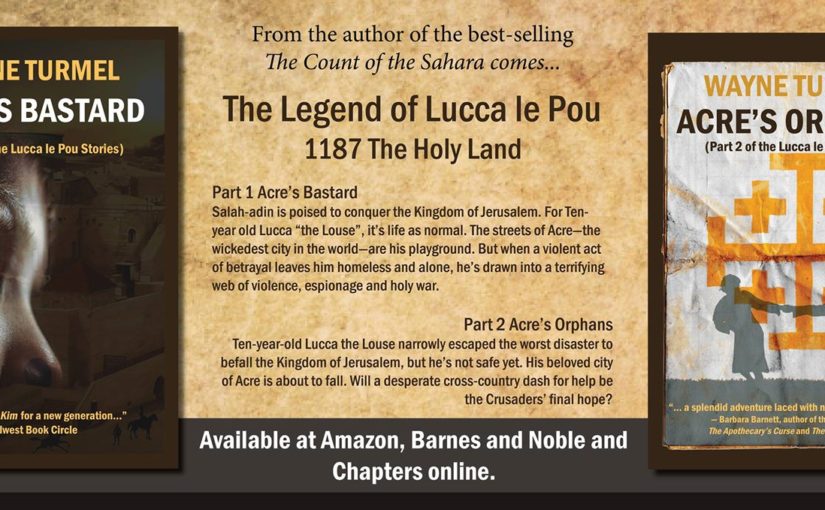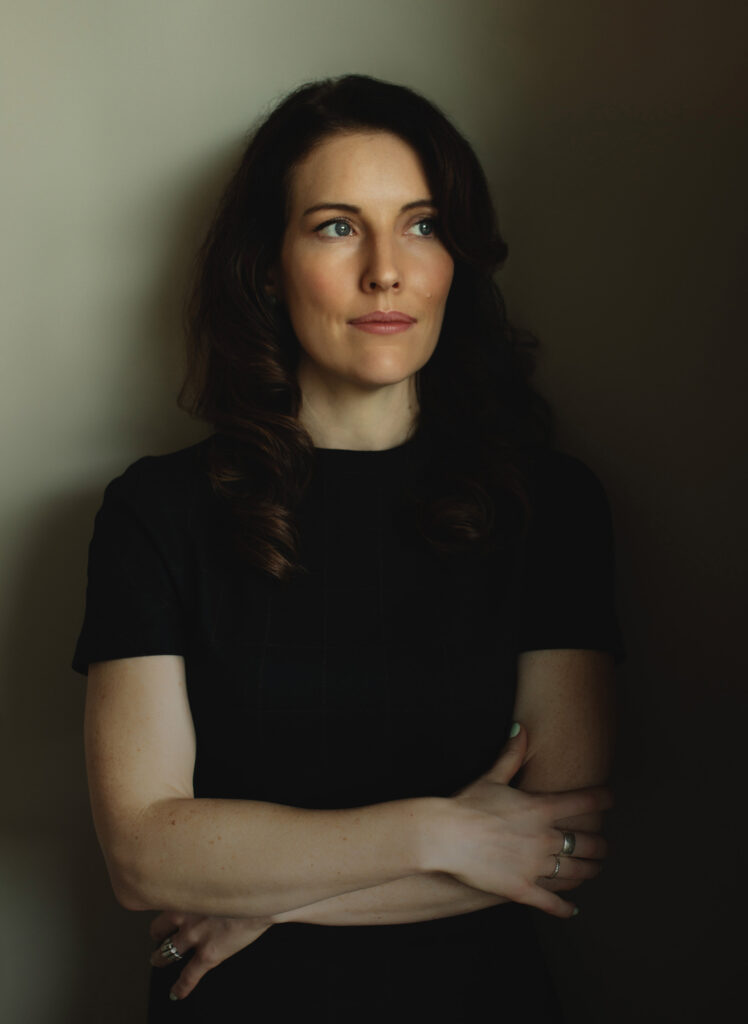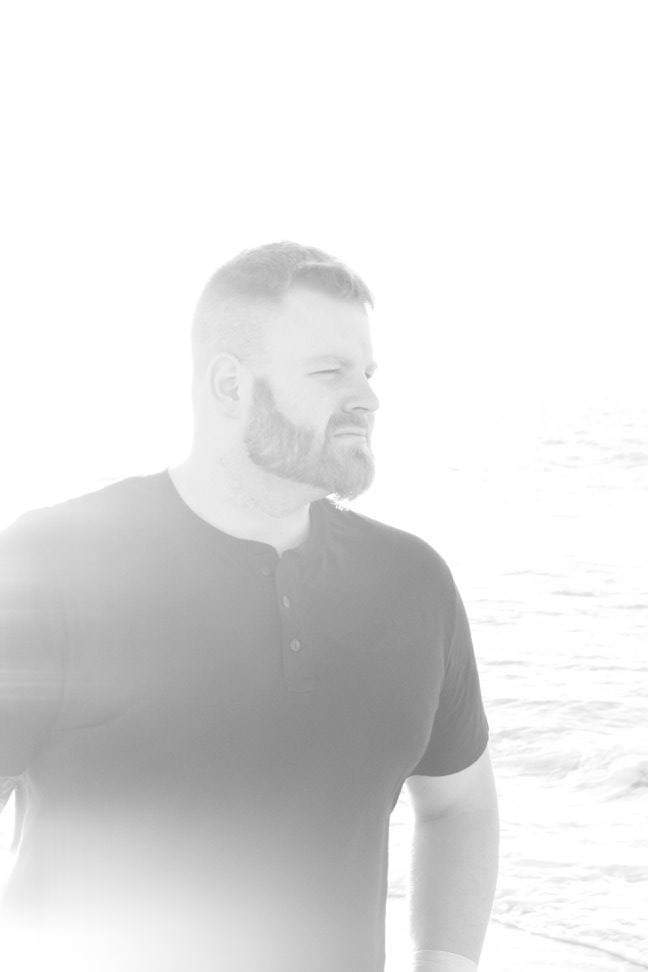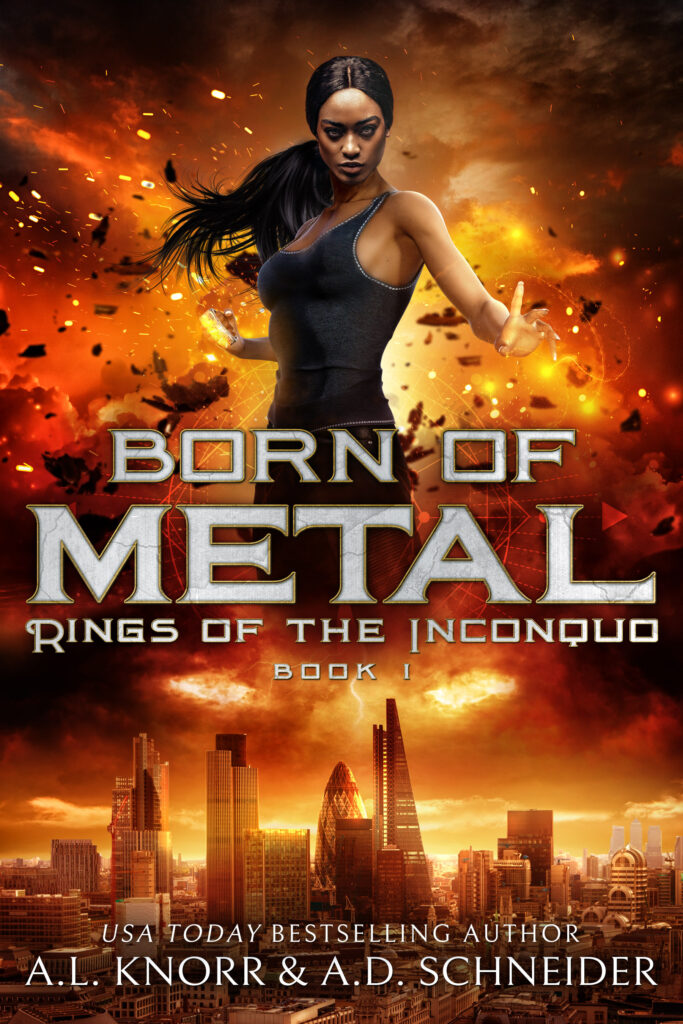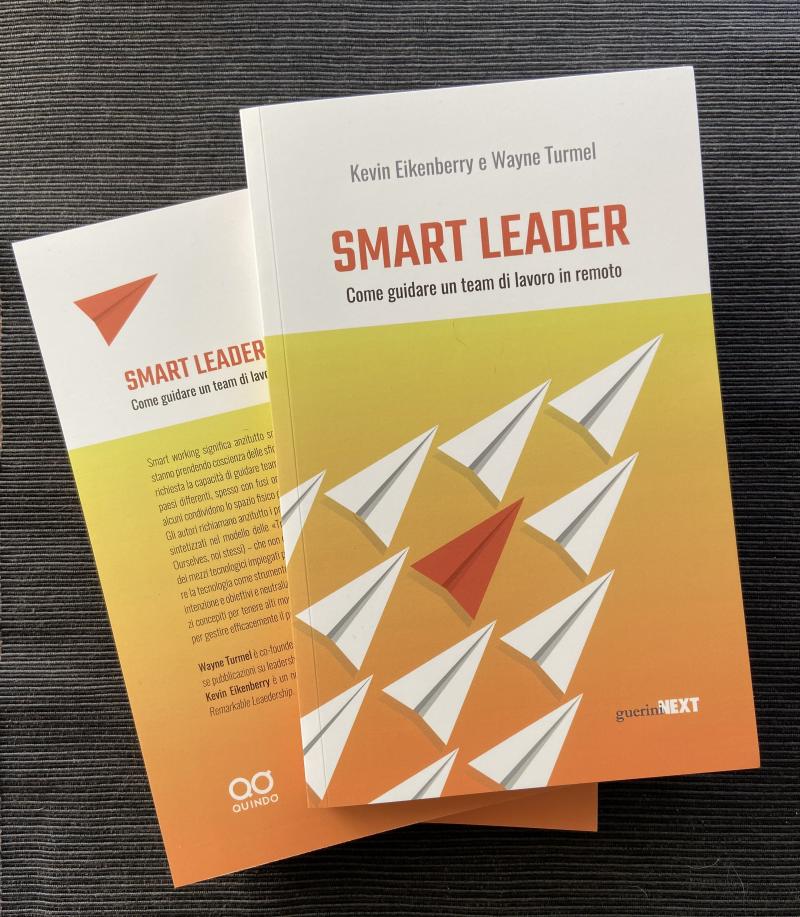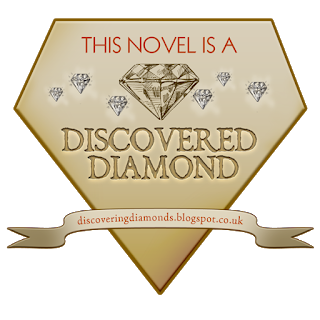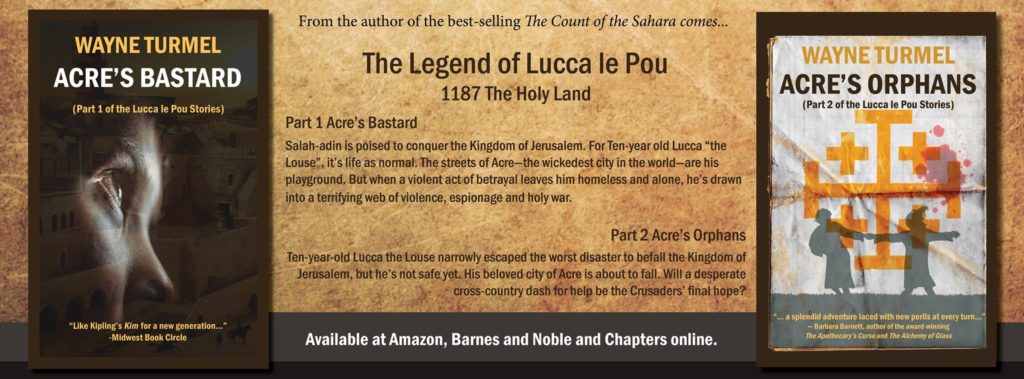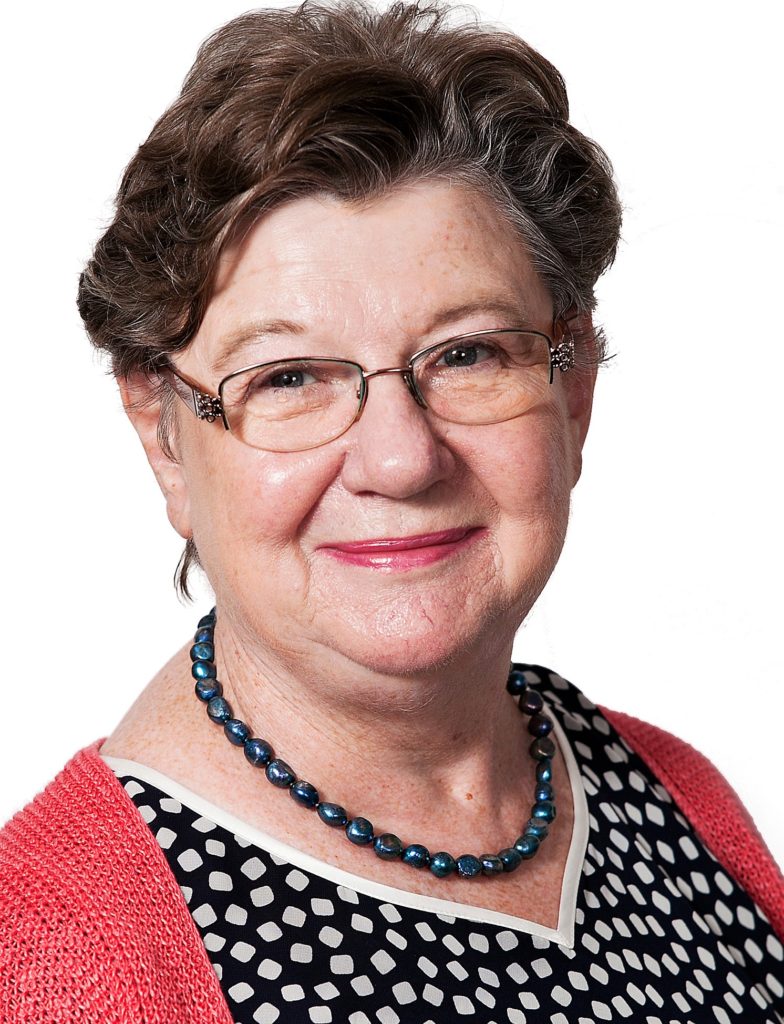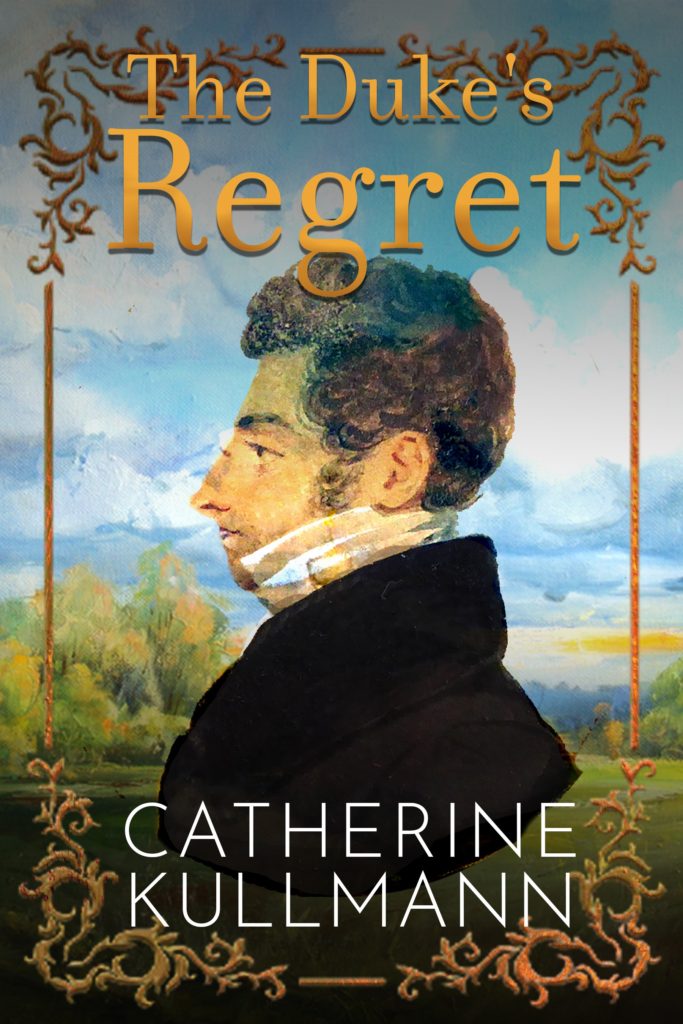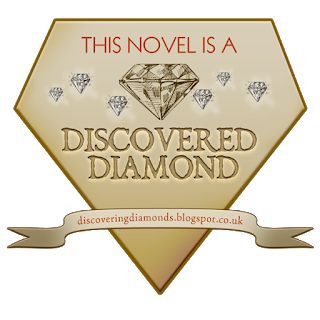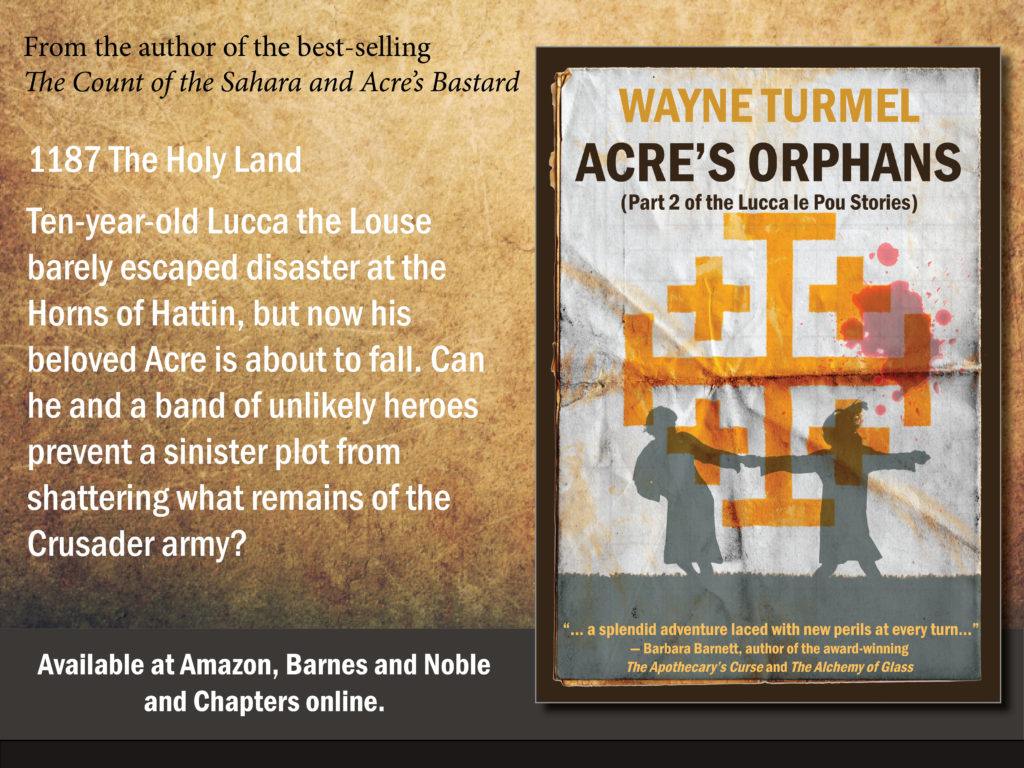As I get back in the historical fiction swing of things (I’m reviewing books for the Historical Novel Society, among other things), I am finding all kinds of new (to me) authors telling stories that are unique and fascinating. Today’s interview pulls on family memories of a terrible time, the “Rape of Nanking.” So, welcome Mitch Irion.
Alright, Mitch, what should we know about you?
Becoming a writer is the last thing I thought I would ever do. I was the kid in school who had to take special reading classes because I was so far behind and should never have graduated from high school. However, I excelled in art and design, becoming the art director of a feature film at the age of twenty-one. When funding fell through on our next movie, I went into advertising as an art director and creative director. Decades later, my Hollywood friends pulled me back into the industry to market and promote the movie “To End All Wars.” That movie piqued my interest in storytelling again, and I wrote two feature screenplays, ‘Safety Zone,’ and a comedy, ‘Wesley Jonah.’
As someone who also has some screenplays in the drawer, then turned to novels, then back to screenplays, I can relate to your journey. What is Nanking Safety Zone about?
Nanking Safety Zone is about the true story of a small group of Westerners in Nanjing, China, who refused to flee when the Japanese army invaded the city. By staying in harm’s way, they protected over 200,000 Chinese from certain slaughter during the ‘Rape of Nanking.’
That’s not your standard WW2 story. What is it about that story that appealed to you?
I married a Chinese woman whose mother was in China during the Japanese occupation. Hearing her story of how she escaped from the Japanese army and later reading Iris Chang’s book ‘The Rape of Nanking’ spurred my interest in the event of that time. I have always admired courageous people who take a stand against evil—like Harriet Tubman, John Brown, Oskar Schindler, and others. But very few know about the Westerners, mostly American missionaries, who put their lives on the line to rescue and provide safe haven for innocent people from one of the most barbaric events in recent history. George Fitch stood out as the most interesting character and prominent leader because he was the YMCA director and had to join forces with John Rabe, who was head of the Nazi party. Their conflict and later camaraderie as they formed and led the International Committee for the Nanking Safety Zone made for compelling drama.
Unfair question, but it’s my blog and I get to ask whatever I want. What’s your favorite scene in the book?
The most dramatic scene is when a captive Chinese officer, Ming, is led out of the city walls to be executed as part of a hundred-man head-chopping contest by two Japanese army officers. Ming recognizes Fitch as he drives past with a Japanese official in the car. Ming burns with hatred as it appears that Fitch is allied with the enemy and has betrayed him and his men. Fitch is horrified as he witnesses the contest through his car’s mirror while waiting to be allowed back within the city walls.
Where can we learn more about you and your work?
Website: https://www.nankingsafetyzone.com/
If you want to learn more about my upcoming Foreign Legion Thriller, The Deserter, sign up for my newsletter! Check the form on this site.
If you enjoy thrilling historical fiction set in unusual war zones, check out the award-winning Lucca Le Pou stories: Acre’s Bastard and Acre’s Orphans. “Kipling’s Kim set in the Crusades for a new generation.”


